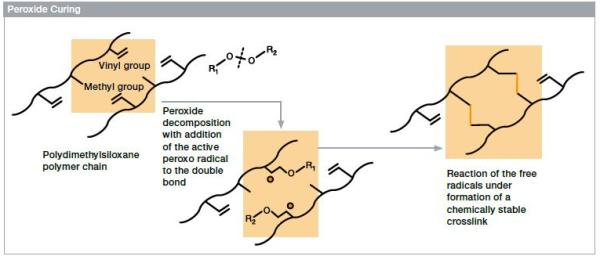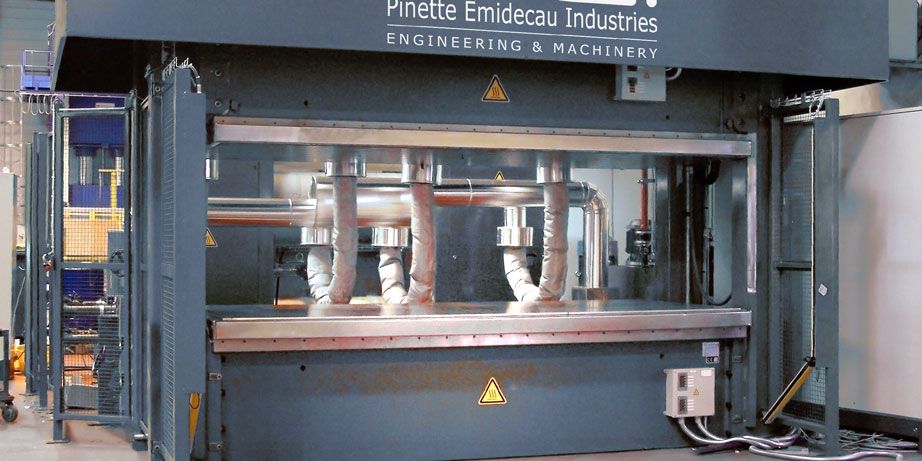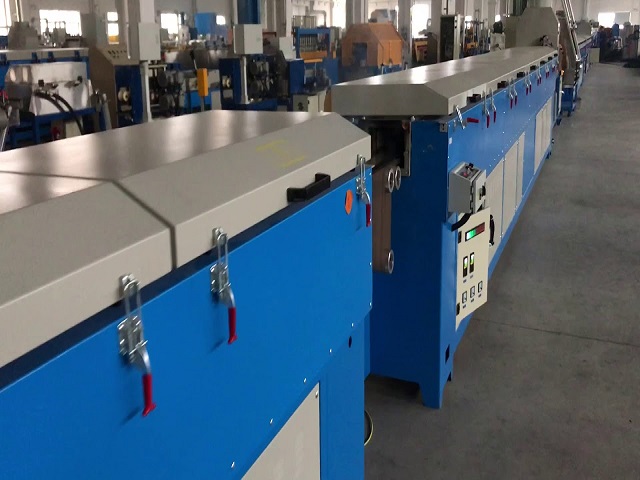Rubber curing systems 1 introduction crosslinking or curing i e forming covalent hydrogen or other bonds between polymer molecules is a technique used very widely to alter polymer properties.
Rubber curing systems.
Along with this we have expanded to other equipment manufacturing outside of the rubber industry such as non rubber related ovens burner systems automated conveyor lines and more.
Charles goodyear has been credited for the earliest method of crosslinking.
One is the styrene butadiene rubber with.
Rubber curing systems 3.
Preparation and curing of rubber compounds.
Even if it is strongly associated with the production of thermosetting polymers the term curing can be used for all the processes where starting from a liquid solution a solid product is obtained.
The first commercial method of crosslinking has been attributed to charles goodyear.
The uses of primary and secondary accelerators prevulcanisation inhibitors pvis and antireversion chemicals are outlined typical rubber formulations for applications in industrial rubber products and tyres are given.
First the rubber was plasticated for 2 min at 80 c and 55 rpm then the components of curing system were added and rubber compounds were compounded for next for 4 min at 80 c and 55 rpm.
Is an equipment manufacturer of rubber machinery for vulcanizing curing microwaves flocking cooling and material handling.
Curing is a chemical process employed in polymer chemistry and process engineering that produces the toughening or hardening of a polymer material by cross linking of polymer chains.
Experimental methods the most typical curing agent is sulfur and another type of the agent is peroxide e g.
This review discusses the different types of curing systems available today for different rubber types including natural rubber sbr nbr br iir cr xiir and epdm.
In this section summary of our experimental studies are described.
Crosslinking or curing i e forming covalent hydrogen or other bonds between polymer molecules is a technique used very widely to alter polymer properties.
However it has also grown to include the hardening of other synthetic rubbers via various means examples include silicone rubber via room temperature vulcanizing and.
The term originally referred exclusively to the treatment of natural rubber with sulfur which remains the most common practice.
The process of crosslinking is called curing or vulcanization and the chemicals used for curing are referred to as curing agents or cure systems.
To read the article of this research you can request a copy directly from the author.
Vulcanisation refers to a range of processes for hardening rubbers.
Two types of curing systems were examined.









